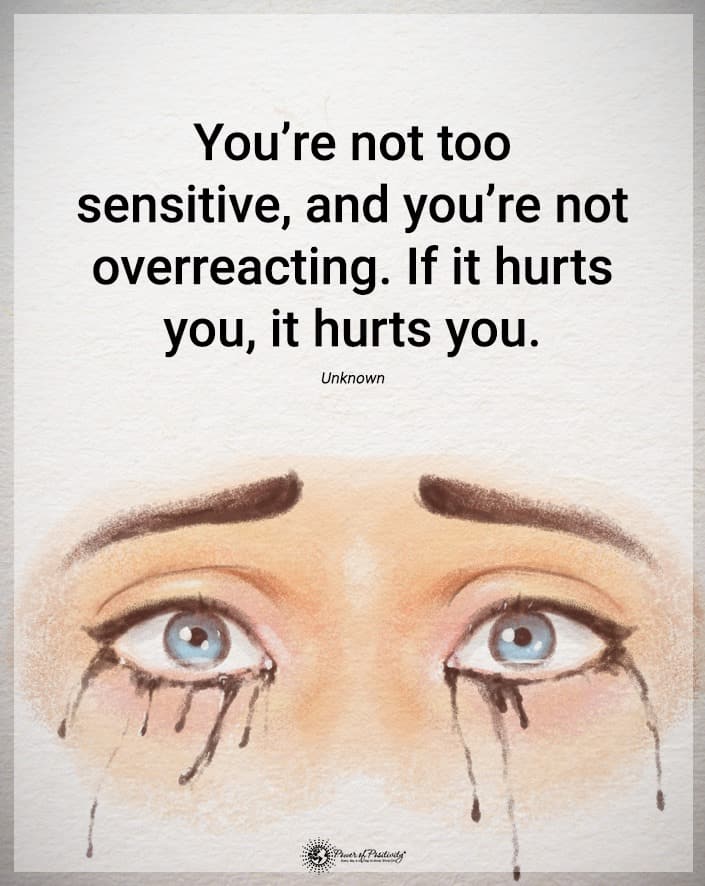“There is a reverence for the simple, quiet pleasures of living well and beautifully at home. Home is where we return for fulfillment and wholeness.” ~ Alexandra Stoddard
Everyone deserves a space where they can feel emotionally safe and secure. Space where the chaos of the world is checked at the door and upon entering, the soul is fed with calm and positive energy. And what better place for this space to reside then in your home?
When creating a sanctuary, you should walk into the room and immediately feel lighter as if all the stresses and worry of your day has been lifted.
Here are 3 ways to turn your home into your sanctuary.
1 – Aromatherapy
“Odors have a power of persuasion stronger than that of words, appearances, emotions, or will.” ~ Patrick Süskind,
Have you ever entered a space and felt the energy change? Energy surrounds us and even though we might not always be aware of it, it can influence our mood, our work, and even our health.
There is a reason ancient cultures use incense made from a varying bouquet of aromatic plants as a form of worship and healing. They used it because it is believed to heal and chase away negative energy.
Well, it turns out what our ancient relatives believed is true. Studies show that essential oils and aromatherapy can positively affect depression, anxiety, and other mood-related ailments not to mention a host of physical symptoms.
Do These Things
- Create a citrus-based room spray.
- Place lavender filled sachets on a bookshelf, in drawers and closets.
- Make a bowl of potpourri for the room.
- Burn essential oil-based candles or use a diffuser.
Aromatherapy will not only fill your home with pleasant scents, but it can also create the sanctuary you need to recharge. Add the many health benefits associated with essential oils and specific plant combinations and it’s a wonder it isn’t more commonly used.
2 – Reduce Clutter
“Be content with what you have, rejoice in the way things are. When you realize there is nothing lacking, the whole world belongs to you.” – Lao Tzu
Everybody’s definition of clutter is different. Two people walking into a room might see a different picture, one might appreciate the well-decorated space while the other might see clutter and too much stuff. The important thing to remember about reducing clutter is that it looks different for everyone.
What we surround ourselves with is often an indication of what is going on in our life. We tend to hold onto things for a sense of comfort and security. The problem is we often become a slave to our stuff.
Think back to a time when you cleaned your office or desk, how did it make you feel? Most people tend to feel a sense of calm and order. It feels good! De-cluttering your space can:
- Reduce stress
- Make your surroundings more attractive
- Save you money
- Generate feelings of peace and tranquility
When clearing a space, start small. Choose a corner, a shelf, or a drawer and begin there. Don’t allow the process of reducing clutter bring on overwhelming feelings.
Do These Things
- Set a timer and eliminate clutter for at least five minutes a day.
- Give away one item per day.
- If you haven’t used it in a year, let it go.
- Make a home for everything and it put it back after using it.
Remember, once a room is “de-cluttered,” chances are some habits will need to be changed. After all, the clutter didn’t happen by itself.
3 – Go Green at Home
“Nature always wears the colors of the spirit.” ~ Ralph Waldo Emerson
From plants to recycling to bringing the sounds of nature indoors, going green in your space will help you create the sanctuary you crave.
There are numerous health benefits associated with being outside more and inside less. In a recent study, there is a link between exposure to nature with better energy levels and an increased perception of well-being.
However, most people spend the majority of their day inside, so it only makes sense to bring Mother Nature in so we feel alive and at peace.
Earth-toned colors, materials made out of woods and stone, and sounds from nature will help keep your relationship with the outdoors intact even in the midst of a hectic schedule.
Do These Things
- Use natural light as much as possible.
- Create the sound of water with a tabletop water feature
- Add plants around the space.
- Paint a wall using a calming color.
Creating a home that is yours and harmoniously functions while bringing you joy and peace is important to your overall wellbeing. Protect this space and keep it free from unnecessary angst and stress. Doing so will provide your soul with the necessary fuel to feed your creativity and curiosity while maintaining an enthusiasm for life.







